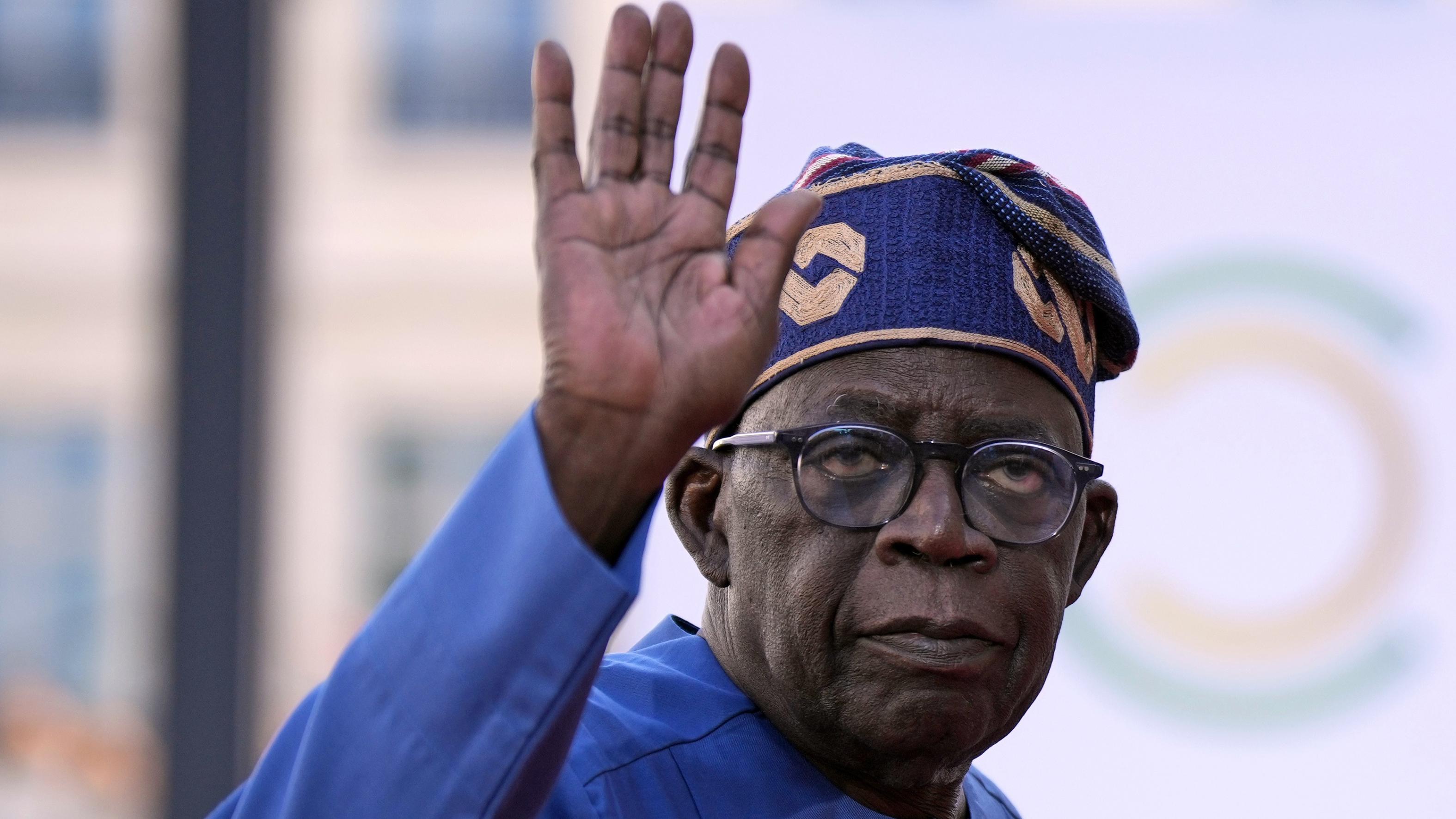Nigerian Life By Chance: A Nation Gripped by Leadership Deficit, Insecurity, Socioeconomic Collapse

"Nigerian Life By Chance: A Nation Gripped by Leadership Deficit, Insecurity, Socioeconomic Collapse"
Zaharaddeen Ishaq Abubakar
Nigeria, Africa’s most populous nation, finds itself in a precarious state where governance failure, rising insecurity, crumbling infrastructure, unemployment, poor inflation management, and institutional collapse have forced millions of citizens to live by sheer chance. For many, survival hinges on daily uncertainties, with no guarantees of stability, progress, or quality of life. This report delves into the critical factors that have driven the nation to this dire reality.
Governance Deficit and Leadership Crisis
Nigeria’s challenges stem from a longstanding lack of visionary and accountable leadership. Corruption and nepotism dominate public office, while developmental policies often fail due to poor implementation and lack of continuity. This governance vacuum has weakened institutions, fostered inequality, and left ordinary citizens with little trust in the government’s ability to improve their lives.
Escalating Insecurity
The country’s security landscape is a mosaic of crises: insurgency in the Northeast, banditry in the Northwest, separatist movements in the Southeast, and herder-farmer conflicts in the Middle Belt. Kidnappings, armed robberies, and communal clashes further compound the problem, leaving millions vulnerable. Despite significant allocations to defense budgets, insecurity continues to spiral out of control, deepening societal fears and instability.
Poor Inflation Management
Inflation has become a persistent burden on Nigeria’s economy, eroding the purchasing power of millions of citizens. Basic goods and services are increasingly unaffordable, as prices soar while wages stagnate. Poor fiscal and monetary policies, coupled with overdependence on imports, have exacerbated the situation, driving many into poverty. Food inflation, in particular, remains a critical issue, with families struggling to meet daily nutritional needs.
Crumbling Infrastructure and Poor Public Services
Decades of neglect and corruption have left Nigeria’s infrastructure in a state of disrepair. Roads are impassable, electricity remains unreliable, and healthcare facilities are grossly inadequate. Public schools are underfunded, leaving millions without access to quality education. These deficiencies stifle economic growth and deny citizens the essential services needed for a decent standard of living.
Unemployment and Economic Despair
Unemployment in Nigeria has reached crisis levels, with millions of youths unable to secure jobs. This economic despair is compounded by a lack of viable industries and weak entrepreneurial support systems. Many turn to informal work, crime, or migration in search of opportunities. The absence of targeted job-creation policies has widened the gap between the wealthy elite and the struggling masses.
The Plight of the Ordinary Nigerian
For the average Nigerian, life is a relentless struggle. Basic necessities such as food, shelter, and healthcare are often out of reach, and access to opportunities is dictated by luck rather than merit. With inflation eroding earnings and insecurity threatening daily life, many are left to navigate a precarious existence shaped by uncertainty and chance.
The concept of "Life By Chance" encapsulates the harsh realities faced by millions of Nigerians today. Addressing these challenges requires bold leadership, effective inflation control, and comprehensive reforms across all sectors. Without these efforts, Nigeria risks further systemic collapse, leaving its citizens trapped in a cycle of hardship and despair.

